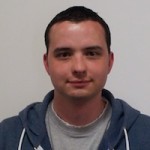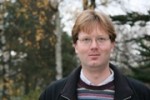
Applications are invited for a PhD studentship in argumentation for dispute mediation, funded by the Leverhulme Trust.
The studentship forms part of a project which aims to develop a theoretical foundation to underpin practical tools for argument-supported dispute mediation. The successful applicant will have the freedom to explore an area that is relevant to both the project and their own research interests including, but not limited to: philosophical and/or computational models of dialogue and argument; mediation theory and practice; computational linguistics. The studentship will be held in the Argumentation Research Group in the School of Computing at the University of Dundee.
At the most recent RAE, the School’s research was rated fourth in Scotland, with two thirds of its research rated world leading or internationally excellent (4* or 3*). Dundee has been ranked amongst the top places for scientists to work in the world (The Scientist), and has one of the lowest costs of living in the UK.
Stipendiary payments are at UK research council levels (£13,590 tax-free for academic year 2012/13). Applicants should typically have, or be expecting, a first or upper second class degree in an appropriate subject. Interest in, or exposure to, dispute mediation or philosophical or computational argumentation would be a distinct advantage.
Further details are available from the DrEAMS project page. Applicants should send a CV with a covering letter to Professor Chris Reed, School of Computing, University of Dundee, Dundee DD1 4HN, or by email to c.a.reedATdundee.ac.uk, by the closing date, 30 June 2013.








